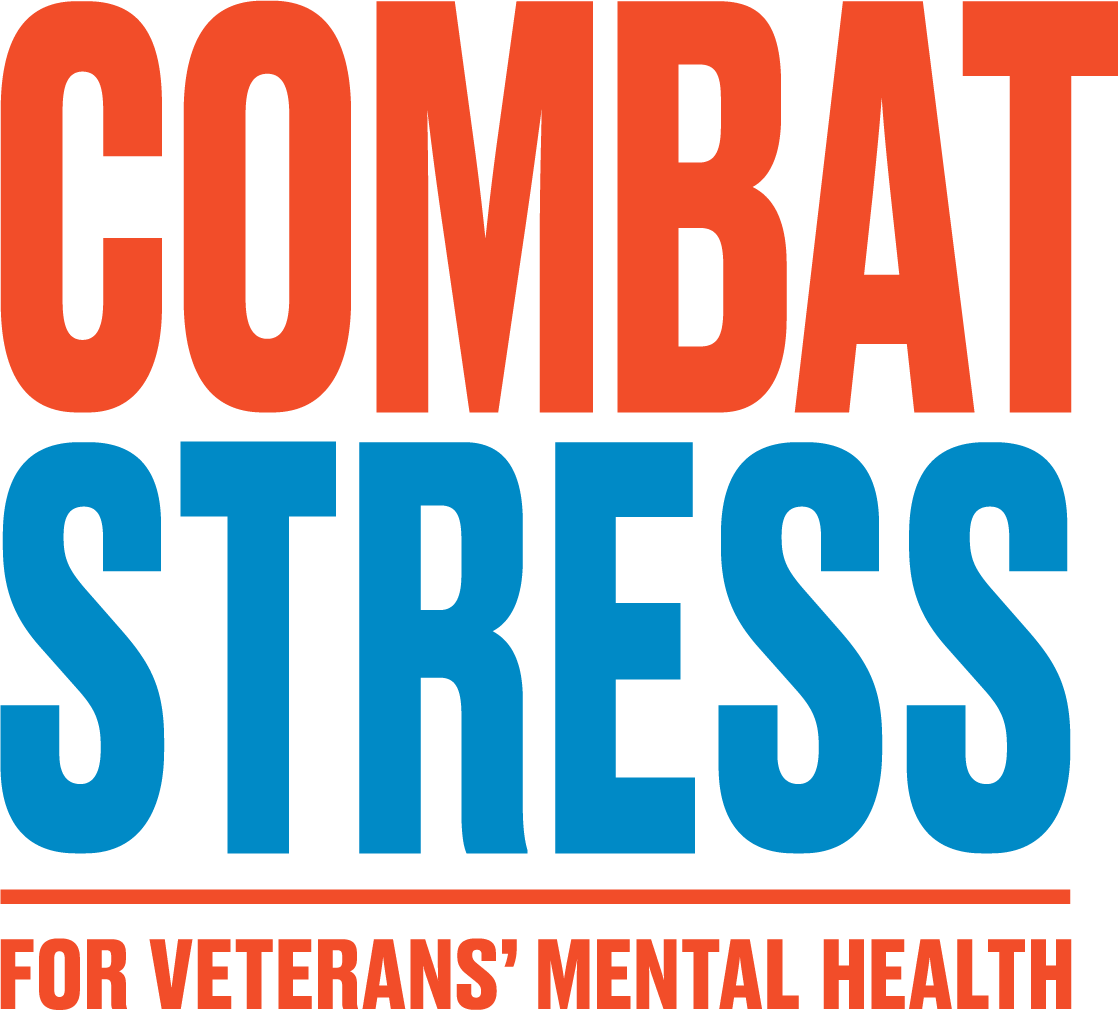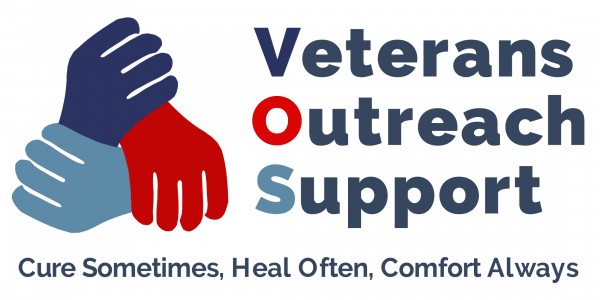Women make up eleven percent of the Armed Forces in the UK and the number is expected to rise in the coming years. However, there is little research into the unique experiences faced by female veterans and how military service has affected their mental health.
On International Women’s Day we wanted to highlight the work of our research team at Combat Stress which has led the way in exploring the mental health of UK women veterans. This research not only informs but shapes the provision of mental health services and treatment for the whole UK veteran community.
Professor Dominic Murphy, Head of Research said: ‘Women veterans report a range of experiences during military service that are unique as a result of their gender, and our work has shown that these can have lasting impact as a veteran. It is important that we understand and respond to these experiences, mental health problems and associated needs, so women veterans can access the support and treatment that they need’.
The research team has so far undertaken research into the following topics related to the mental health of women veterans:
- Mental health needs
- Adverse Childhood Experiences, military adversities and adult health outcomes
- Gender-specific challenges during and after military service
- Adversity during military service
- Military families (including pregnancy during service)
- Barriers to treatment
- LGB experiences
- ENHANCE (military sexual trauma)
Exploring the needs of women veterans: building the evidence-base
Partnering with the Women’s Royal Army Corps Association (WRAC Association), a range of studies have been produced which are now easily accessible together at Women Veterans Research | Combat Stress.
Using a sample of 750 women veterans drawn from the WRAC Association, these studies indicate that around 10% of women veterans may experience PTSD symptoms, compared to around 7% of male veterans and 4.5% in the general population.
The work also shows that women veterans may experience higher rates of loneliness, and has identified that adversity during service due to gender or sexuality may be linked with experiencing poor mental health as a veteran.
This study was followed by two in-depth studies focusing on improving access to the best treatment for military sexual trauma (ENHANCE) funded by the Office for Veteran Affairs and another examining the experience of lesbian, gay and bisexual women veterans through in-depth interviews. Until 1990, there was a ban on LGBTQ+ service personnel serving in the UK Armed Forces, with those under suspicion possibly facing harassment, investigation, prosecution and discharge.
Military Sexual Trauma
Military sexual trauma (MST) includes experiences of sexual harassment, bullying and assault that take place during military service. MST is considered to be one of the leading causes of PTSD among serving and former-serving women across different military communities around the world.
The Combat Stress research team has provided resources and a guided video presentation which provides an overview of the research on the findings of the ENHANCE study for professionals who wish to understand the consequences of MST.

















